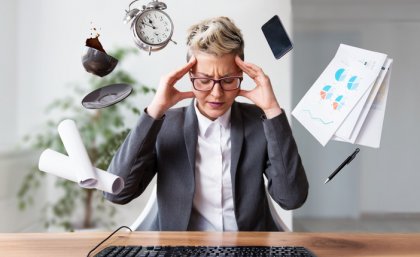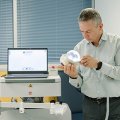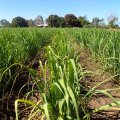
University of Queensland researchers hope to find out how people deal with stress at work and relax and unwind from the daily grind and whether these coping mechanisms actually improve wellbeing.
Dr Stacey Parker is leading a UQ School of Psychology team examining employee recovery strategies during and after work.
“Most of us have our ways of dealing with the pressures of work, such as a chat over the water cooler, a lunchtime stroll or a 3pm snack,” Dr Parker said.
“There are many ways people relax and unwind after work too, like a trip to the gym, a social call, a TV streaming binge, or an online gaming session or two.
“However, sometimes work can creep into our leisure time.
“We want to know if the strategies people are using are worth their time, if these strategies help or hinder the ability to stay focused and motivated at work.
“Do they leave people feeling invigorated or relaxed or, do they leave them feeling flat or de-energized?”
Participants must be over the age of 18, employed in one job part-time, full-time, or as a casual, working a relatively standard 9am-5pm day, with the ability to complete brief surveys during work and leisure. Full details are available online.
Dr Parker said that internet access was essential for participation, due to the sampling method used in the study.
“Experience sampling is a novel research method, where we ask very brief questions each hour over the course of one work day,” she said.
“This allows participants to tell us how it really is, as they are experiencing work and leisure.
“By doing this, we aim to identify and understand the moment-to-moment factors that may effectively, or ineffectively, impact motivation and wellbeing.”
All participants will go into the draw to win one of three $200 gift cards, and will receive an individual feedback report about their experiences.
“We’ll be able to reveal a few things people might not otherwise realise about how they spend their day, and provide some insight about the effectiveness of recovery strategies on energy levels, as well as how results compare at home versus at work,” Dr Parker said.
“The report will also include some research-based tips, prepared by our team, on some of the latest evidence-based strategies to help improve energy and wellbeing on a daily basis.”
Interested individuals can find out more online.
Media: Dr Stacey Parker, s.parker@psy.uq.edu.au, +61 7 3365 6423; Dani Nash, UQ Communications, dani.nash@uq.edu.au, +61 7 3346 3035.










